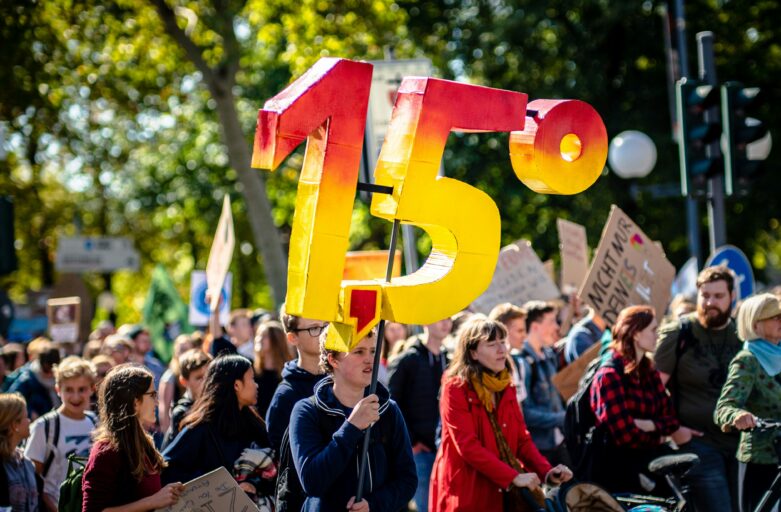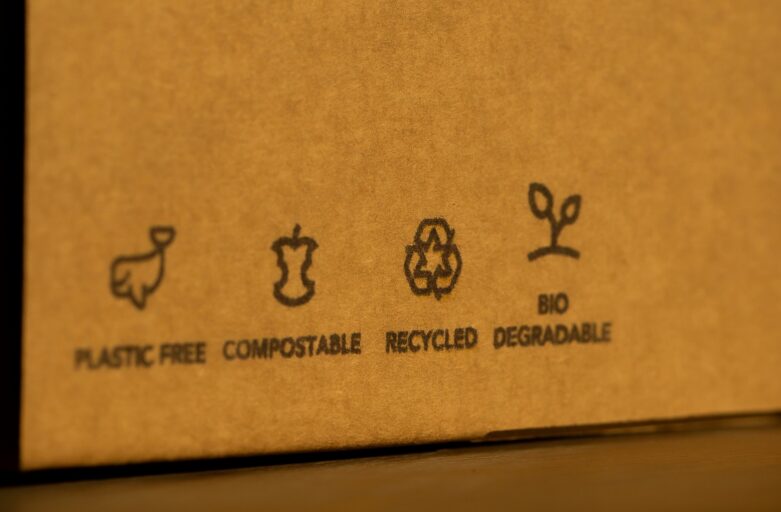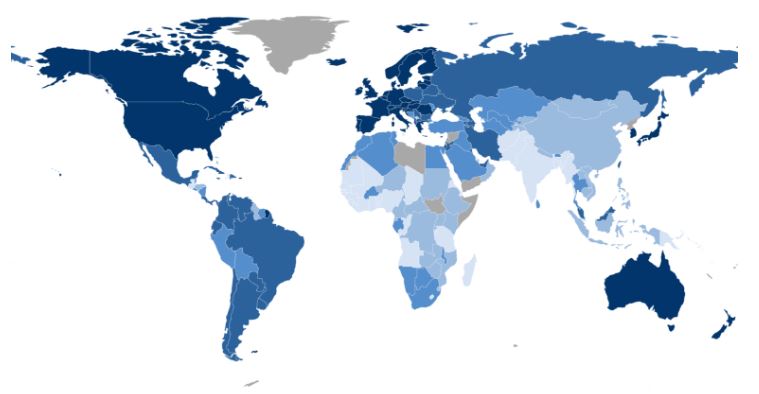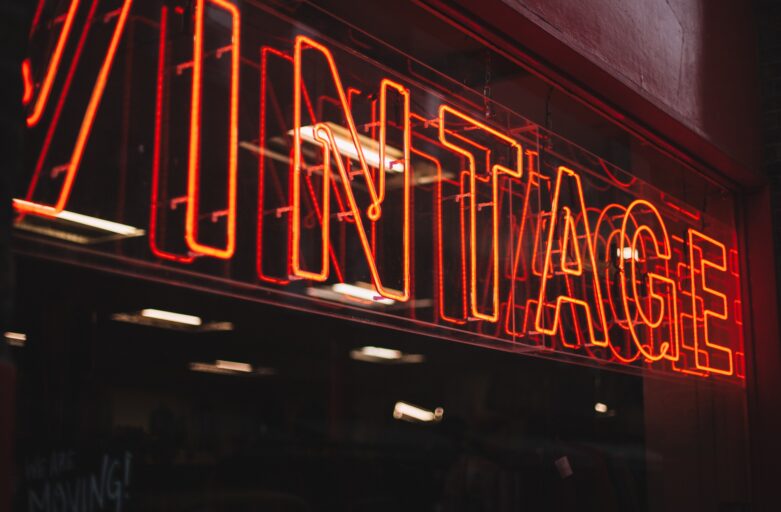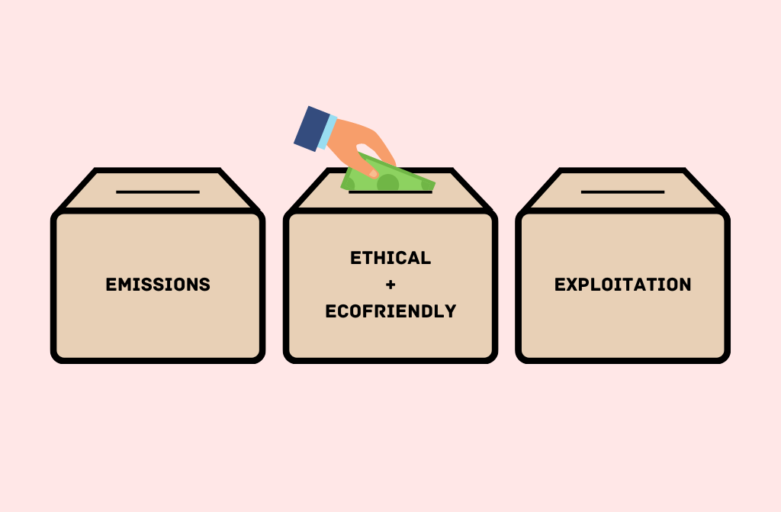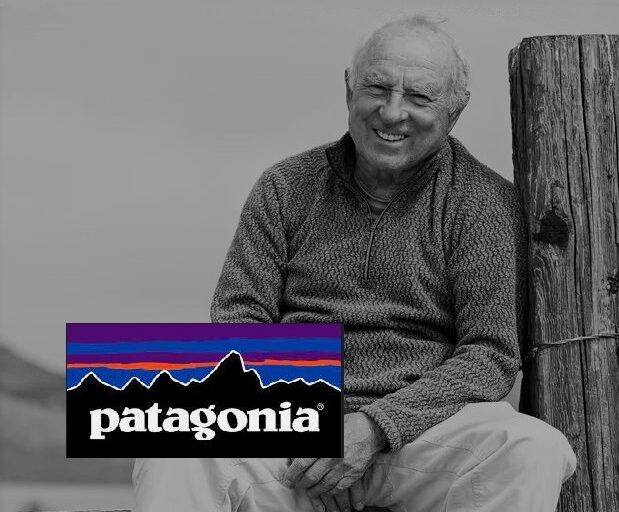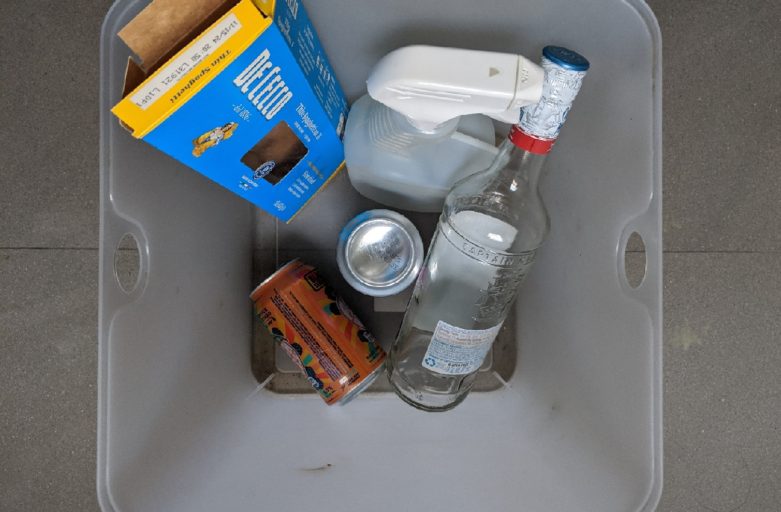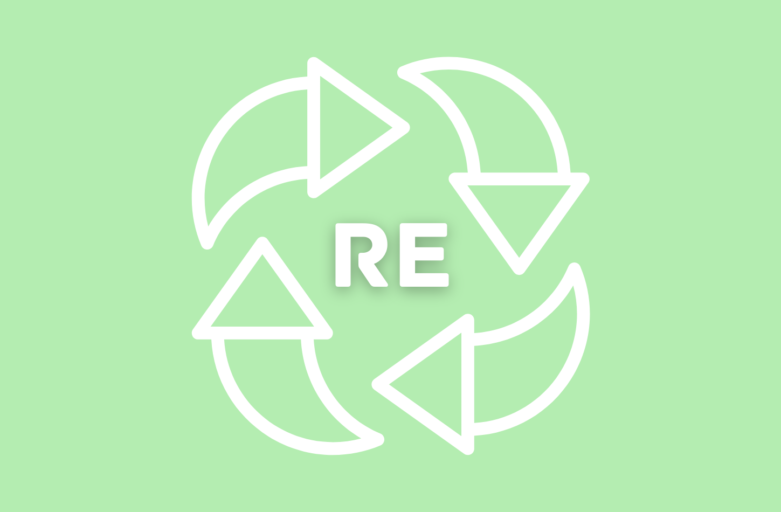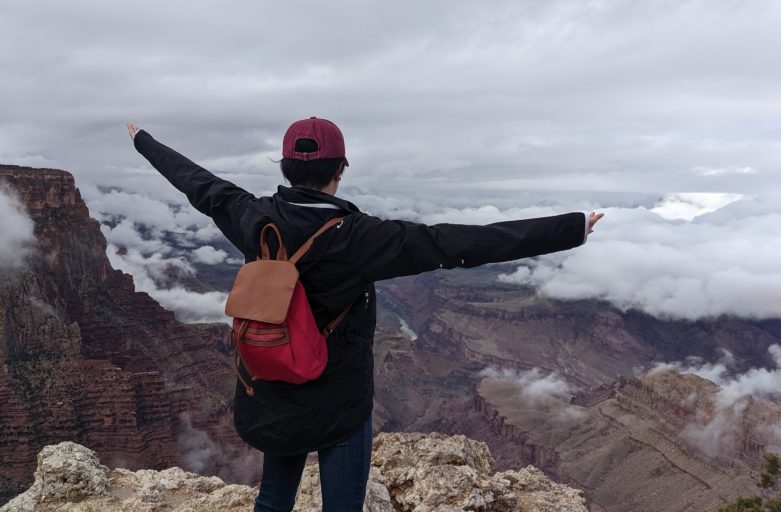Climate change is complex. If you elaborate too much on the complexity, people get bored or overwhelmed and stop listening. But if you simplify it too much, people are less informed and aren’t empowered on how to proceed.
Good climate change communication finds a balance between complexity and simplicity.
Author: Vera
Eco-Anxiety is the Cherry On Top of the Climate Crisis Sundae
The APA defines eco-anxiety as “the chronic fear of environmental cataclysm that comes from observing the seemingly irrevocable impact of climate change and the associated concern for one’s future and that of next generations.” Though not yet an official illness in the DSM-5 (the manual for mental illness), the effects of eco-anxiety are nothing to be ignored.
Know the Difference: Compostable vs Biodegradable vs Still Just Trash
As a consumer, I think it’s a great step for you to know the differences regarding compostable vs biodegradable. The real eco benefits of each are only achieved with proper disposal, but at the very least they provide alternatives to petroleum-based plastics. They demonstrate more conscious production materials, even though the end-of-life phase is still flawed. Only flawed because most people don’t know how composting works or why proper disposal of compostable and biodegradables is important.
Not an Equal Opportunity Crisis: Who’s Most Affected by Climate Change
Hence, a big determining factor: does climate change affect me personally or not? The fact of the matter is that the people who are most affected by climate change generally a) have little power to combat its affects and b) are contributing to the problem the least. Seems unfair to me.
This is a Sign to Start Secondhand Shopping
Used goods have many names – secondhand, reclaimed, thrifted, pre-owned, refurbished, new-to-me, new-to-you, or my personal favorite, pre-loved. In the past, the terms like “used,” “secondhand,” or “thrifted” carried with them a negative connotation, both regarding the good as well as the buyer. Secondhand shopping used to signal a lower social status or an implication that one “wasn’t cool enough.” But the growth of the resale market shows that the stigma around secondhand shopping is lifting.
How to Vote for Sustainability with Your Wallet
Money talks; money is power. The purchasing power we hold as consumers gives us a unique kind of autonomy that can’t be stifled or overruled by the ruling political party or the flaws of a political system. When we purchase a good or service, we are inherently endorsing that product and its company. We signal to the company that their products, and by extension, their practices and policies, are deemed acceptable.
Capitalism with a Twist: Patagonia Founder a Diamond in the Rough
Last week the founder of Patagonia, Yvon Chouinard transferred all ownership of the company to two new entities. I wanted to talk about this news because what Chouinard has done here proves that capitalism doesn’t have to put profit before planet.
Recycling: The Inferior Sustainable Practice
I may be wrong, but I feel like ‘recycling’ used to be the face of sustainability. It was a simple concept to get behind and it made people feel good. Rather than reducing and reusing, which require a little more effort and thoughtfulness, recycling is like a guilt-free version of throwing something away i.e. to landfill. You can just toss something into a bin and it goes someplace more sustainable than a landfill. Or does it?
The New R’s of Sustainability
I’ve remembered the catchy phrase of “Reduce, Reuse, Recycle.” But that was the old view; the sustainability space has since progressed. Environmental activists have added more words to paint a fuller picture of the spectrum of sustainable actions. These are the new R’s of Sustainability: rethink, refuse, reduce, reuse, repurpose, and recycle.
The First Steps of My Sustainability Journey
At the risk of sounding redundant, I’ll reiterate that my goal is to help others realize that living sustainably doesn’t have to get in the way of living one’s best life. Nothing to lose, but more to gain. So how can I inspire others without first being honest and open about my own sustainable life?

